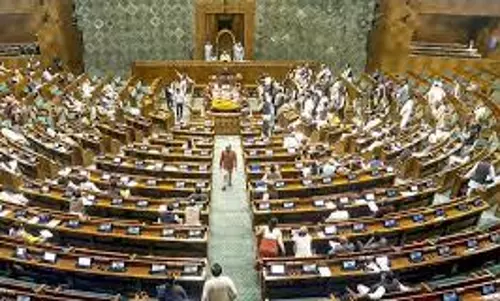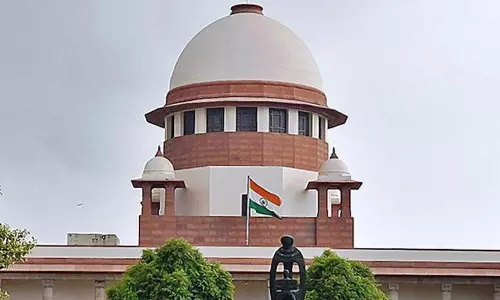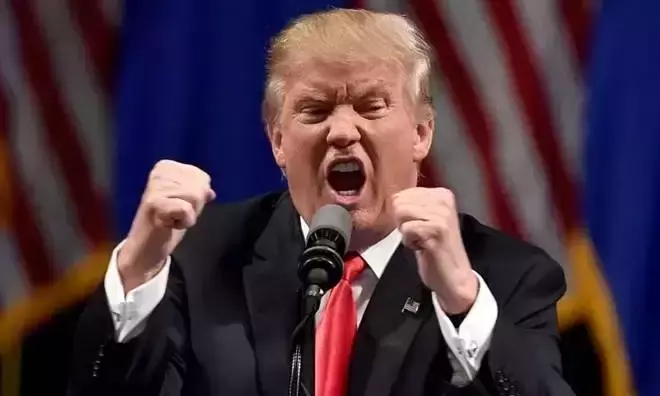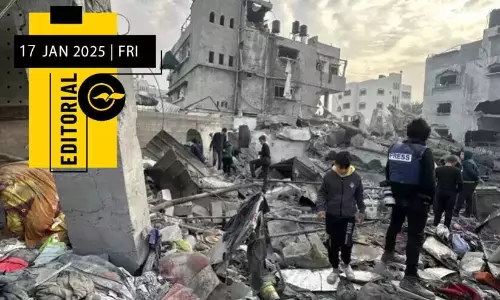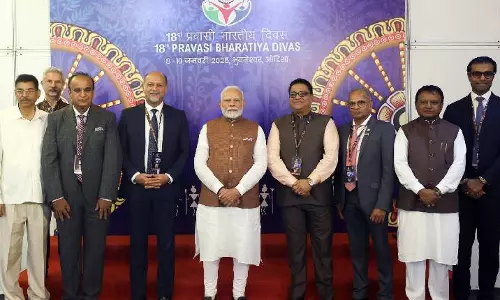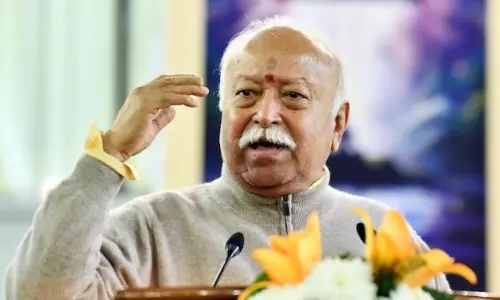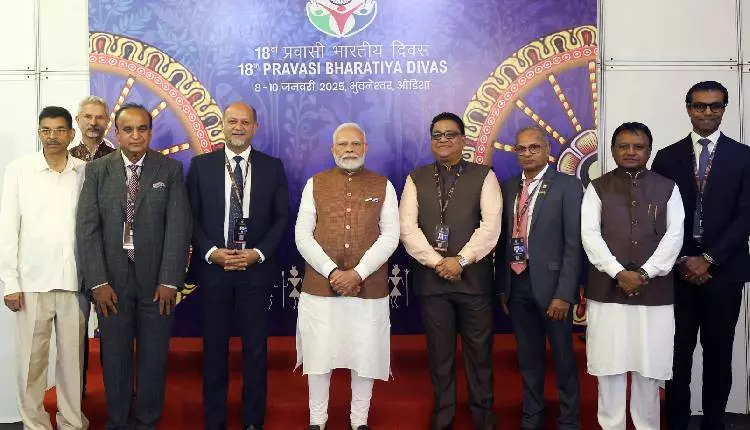
Speeches with rhyming phrases will hardly address expatriate issues
text_fieldsThe 18th edition of Pravasi Bharatiya Divas, the gathering of Indian diaspora this year was held in Odisha's capital Bhubaneswar during 8-10th of this month. At the opening of the conference attended by more than 3000 delegates from 70 countries, Prime Minister Narendra Modi's speech with a rhyming phrase that 'the future world belongs to Buddha, not Yudha' naturally gained media attention. In his speech, the Prime Minister emphasised India's position among the nations of the world, the contributions of Indian diaspora, and India's ability to provide skills for the future world. The Centre has included groups of people who have Indian roots by birth or by their parents who have adopted the citizenship of other respective countries in different parts of the world. Although we can see the presence of Indians in the Gulf countries as participants in the conference, it is doubtful whether they have been giving fitting recognition in the proceedings or other events. Many of the speakers at the conference were second or third-generation immigrants of Indian origin with citizenship in other countries. As in previous years, this year's list of events - barring a handful of expatriate businessmen with Indian passports - was dominated by the Indian community who have renounced Indian citizenship.
Also read: PM Modi flags off Pravasi Bharatiya Express; special train for NRIs
Thus the Indian citizens who have migrated to foreign countries in search of employment have been relegated to a category with inadequate space, especially Indians of the Gulf. Although there are students and skilled workers who go to developed countries like European countries and the United States, most of them choose to adopt the citizenship of their respective countries after directly up employment either directly after studying in India or after completing their studies there. In a sense, a large percentage of those who go abroad for higher studies from India - with the exception of medical students in Central Asian republics - do not return after completing their studies, as most of them citizenship there in search of better living conditions. This is not the case of job seekers in the Gulf countries. Apart from providing relief to the current unemployment in India, this segment also earns the country a huge amount of foreign exchange. From family ties, treatment, investments, trade, and friendships to participation in the political process, they maintain their ancestral ties and remain Indian citizens without giving up their bond with their homeland. When it comes to being considered for special treatment or privileges, this is the category that would deserve it most. But the truth is that they don't get it.
Also read: Minister P Rajeev announces NRI industrial park in Kerala
India has the largest diaspora population in the world. According to the Ministry of External Affairs, there are about three and a half crore people of Indian origin living in other countries. They are in leadership positions in about thirty foreign countries too. Out of this 1.6 crore are in the NRI (Non-Resident Indian) category. The total diaspora include NRIs who have a residence visa abroad while holding Indian citizenship, PIOs (Persons of Indian Origin) - foreign citizens holding host country passports with Indian roots, and OCIs (Overseas Citizens of India) who have partial citizenship rights in India. The PIO card was discontinued in 2015 and now they are also provided OCI cards.
Also read: Better working conditions attract Indian Women to Saudi workforce: says official
The idea of granting dual citizenship to Indian-origin holders of foreign passports has been floated from time to time. However, currently, those who hold foreign passports are people who have decided that they do not want to be citizens of India any more while opting for foreign passports. They are allowed to come home permanently and buy property subject to restrictions through the OCI card available to them. However, it is pointed out that they will have to be given citizens' rights once they fall under the category of citizens, which entitles them to the right to vote, but then it is not deemed permissible for foreign citizens to participate in the political process of India. Accordingly, the term citizen in OCI will have to be changed. However, foreign nationals may have ties of cultural roots, pride in heritage, and family ties to India, but it is not appropriate to grant them a second citizenship in this sense. In the meantime, it goes without saying that such celebrations end up in a situation where the issued of foreign residents who are Indian citizens has to be dealt with sy a different forum away from this din and bustle of Indian diaspora. Pravasi Bharatiya Divas has been observed since 2003 on 9th January to commemorate Mahatma Gandhi's return to India from South Africa in 1915. However, the fact that majority of the diaspora is missing from the deliberations of the meet is as ridiculous as the absence of adequate commemoration of the father of the nation in the proceedings.
Also read: 2024 Lok Sabha Elections, Indian expats in UAE can register online




